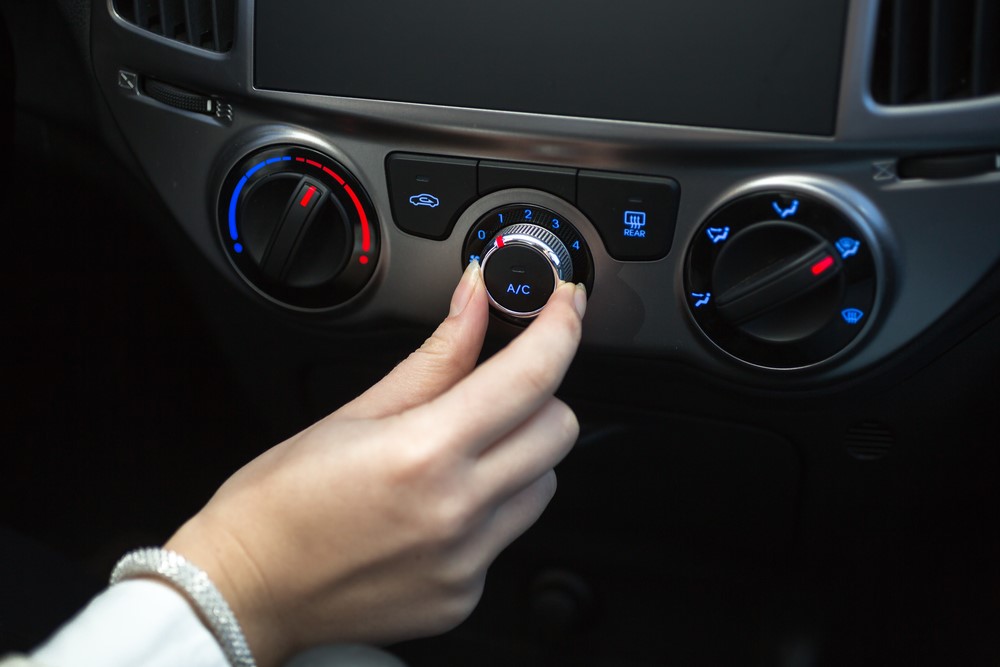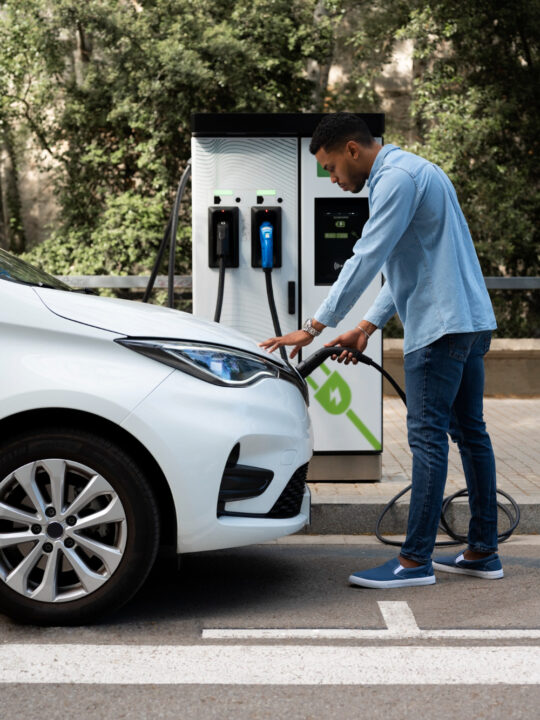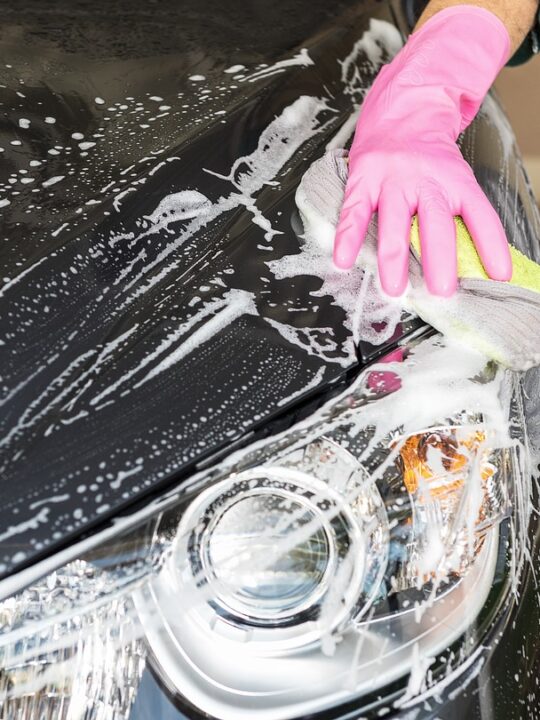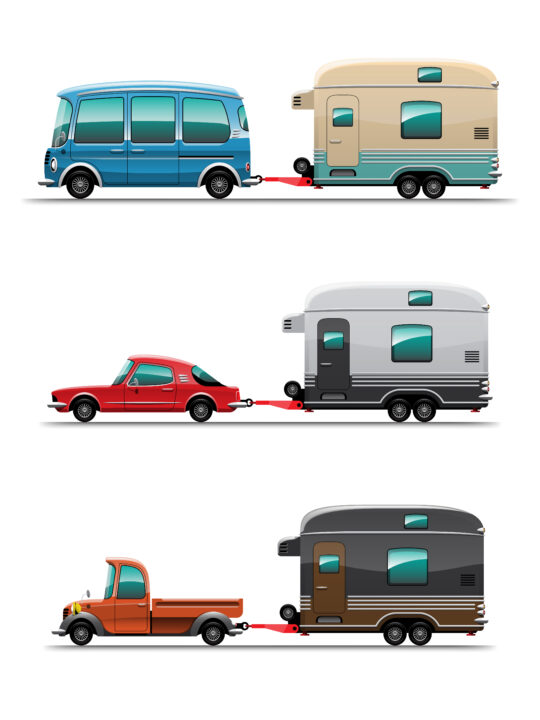
A car’s air conditioning system depends on being put together with quality-made, adequately air-tight seals. Avoiding leaks is critical to the proper functioning and the longevity of a car’s air conditioning unit. That said, starting off with great seals in the first place really pays off, considering seals play a role in virtually every aspect of an air conditioning system. Let’s look at why you need top-of-the-line seals and where you can get them.
Table of Contents
Importance of Seals in Automotive Air Conditioning Systems
Your car’s air conditioning system involves many pressure lines with valves for pushing air through the compartments. Each of them needs an air-tight seal for the entire system to work. Without an adequate seal on each valve, the right pressure can’t be achieved for the air conditioning to function. Here are the major roles air-tight seals play within automotive air conditioning units.
Cooling the Air That Blows Out the Vents
When there’s a leak in your car’s air conditioning system, it will let in atmospheric pressure. This alters the pressure within your car’s air conditioning system, which is what refrigerant depends on to cool air and remove heat. Not only does the pressure change, but refrigerant will leak without an air-tight seal. When too much refrigerant is lost to leakage, your air conditioning system’s pressure switch will disable your AC compressor. The AC compressor is where refrigerant cools the air, so without it working, you won’t get cold air.
Keeping Pressure Levels Accurate
Automotive air conditioning units are designed to be closed systems. That means they’re never meant to be open to atmospheric pressure. As a result, all automotive air conditioning systems require air-tight seals to ensure their function. By sealing out the outside air and preventing refrigerant leaks from within the unit, seals keep your pressure lines at the correct pressure levels so that the system can function properly.
Preventing Expensive Repair and Replacement Costs
While you can always have refrigerant added when excess is lost or have worn-out, cracked seals replaced, the costs and the downtime add up. It pays off to have a quality, cost-effective seal made from a reputable brand, which should cater to rubber seal needs for all types of manufacturing applications.
What’s the Difference Between AC and Engine Seals?
The seals required in automotive air conditioning units differ from those in engine seals due to the elements, pressure levels, chemicals and other factors they’ll be exposed to. When buying seals for your automotive air conditioning system, you need to make sure you get AC seals.
To achieve temperature control, your car’s air conditioning unit must achieve the right pressure levels. Different pressure levels have different effects on the refrigerant, so sealing off an automotive air conditioning unit’s AC compressor from the atmospheric pressure outside is what keeps the unit pumping cold air. Using a high-quality seal made of materials that last can help keep your AC unit running for years to come, so you get more out of your vehicle for less maintenance cost.







